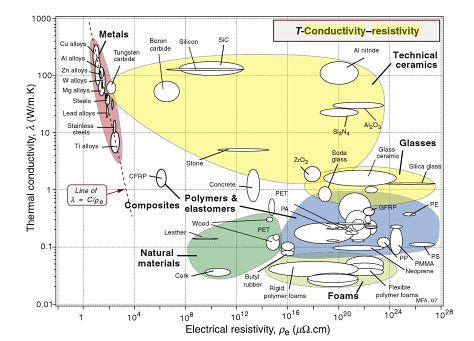Thanks for all your responses.
@ someguy 79
Yes there is a ground in the pool and when plugged in it which causes the GFCI to trip. However, when it is not plugged in it does not trip, or rarely.
It does have a nuisance shock hazard if not plugged in.
There is a large surface area between the pads an and when the surface area is reduced as was done in testing then yes the GFCI does not turn off, however performance is lost.
"You mention that the heaters use GFCI, so I expect that the heaters are well grounded. Have you considered using a grounding system in the pool, or between the pool and heater? I wouldn't want this to be the primary means of making the pool safe, but a good measure to help prevent problems."
Not matter how the extra electricity is removed the GFCI senses the difference and shuts off.
@mintjulep:
Perhaps you're right and I do not understand the problem. I have had some limits placed upon me to figure this out and hence not knowing the exact problem.
@edstainless; The Tim Material would have to be contained somehow in way where it could be removed as the pool is meant to be moved from time to time.
@GregLocock; I guess the electrical resistance would need to be enough to keep the GFCI from tripping off. This amount is 0.005 milli-amps. However I believe the electricity spikes when the pads turn on since they are either on or off, depending on thermostat. If I could somehow prove the spiking with the relay causes it to turn off, then perhaps we could leave the pads on and have them just change the amount of electricity going to the pads instead of turning them off and on. This would be an electrical engineering question. Perhaps I need to move this problem to a electrical engineering forum to find out how to measure and see if this is what is happening.
Thank you.

